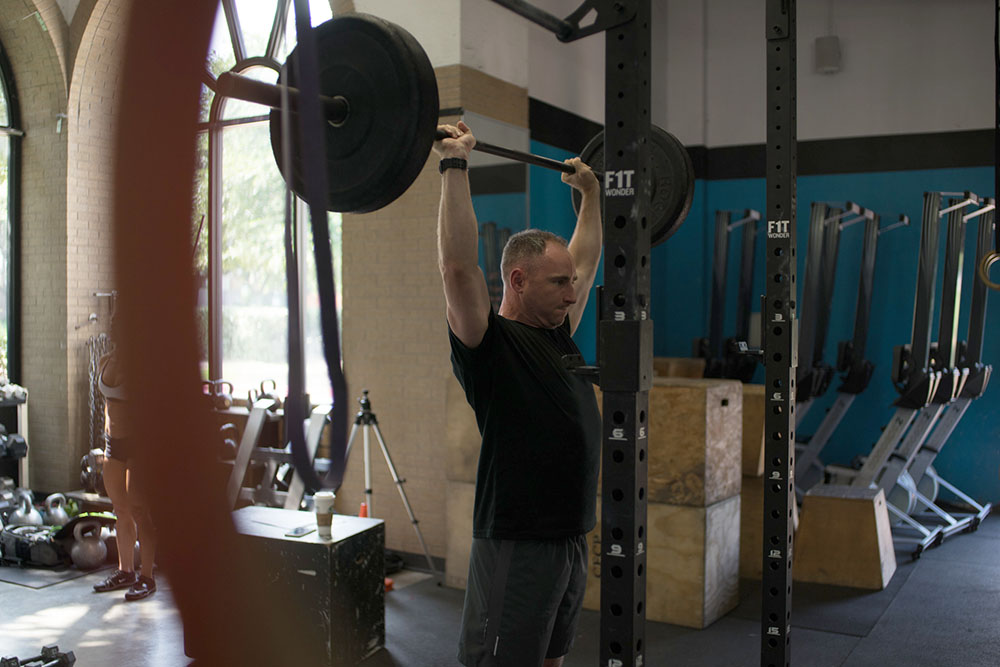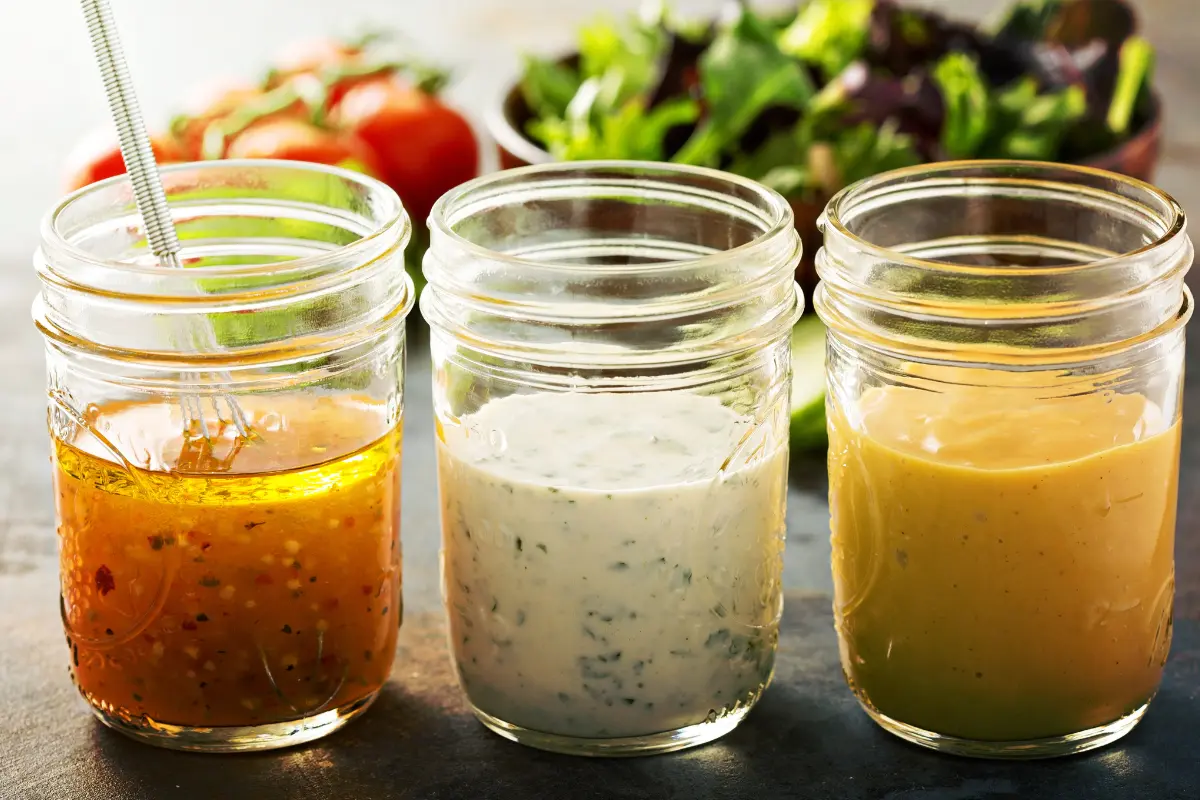
Preparing for a CrossFit competition is more physically and mentally demanding than exclusively training just for fitness. Don’t let that deter you, if you participate in CrossFit we encourage you to do a competition at least once in your lifetime! Be careful, you may get hooked!
Although competition is challenging, preparation is actually rather easy. It’s simply taking a closer look at some of the finer details and dialing them in to make sure that you’re feeling healthy, refreshed and ready to push your limits.
“Failing to Prepare is Preparing to Fail”
Everyone has heard this phrase before — because it’s true. It doesn’t matter if this competition is a practice run for the CrossFit Games or if it’s just for fun; your level of preparedness is really important. Being prepared means approaching your training, nutrition, recovery and mindset with intention and strategy. Let’s break each of these down:
Train Smart
- Have a coach or, at the very least, follow some kind of program.
There are many online CrossFit programming and coaching resources available. - Thoroughly warm up to ensure you’re moving optimally.
Never rush into a workout while you’re still cold. Spend adequate time – at least 20 minutes – warming up and cooling down before and after workouts. Optimal movement = optimal performance. - Do not add, change or swap workouts that are not in your prescribed program.
Your program has been written in a specific way to achieve specific results. Any changes you make to your program without consulting your coach are likely to be counterproductive. - Safely follow the prescribed weight, sets and reps.
Don’t increase your training load without consulting your coach first. That being said, if a prescribed weight does feel “too heavy” for you on that day, scaling the weight down is the safest option and less likely to cause you injury. - Spend time working on skills.
Skill practice has the most impact in a short period of time to your competition performance. Add skill work into your warm-up while you’re still fresh. - Don’t work through an injury until you’re healed.
If you have an injury, working through the pain only gets you further injured. Listen to your body, particularly in the lead up to a competition. If you can’t complete your training session pain-free, scale it.
Pro Tip: In the lead up to competition, consistency is key. If you have an injury, still show up to the gym and talk to your coach about finding a way for you to train pain-free that day. Unscheduled days affect your overall training cycle.
Keep Your Nutrition on Point
- Have a coach or, at the very least, follow some kind of program.
Like your training program, your nutrition is really important. If you have a nutrition coach, communicate and have a strategy. At the very least, be consistently following a diet that works for you. Ensure you’re eating enough for your activity levels in training and on game day. If you’re interested in getting a nutrition coach to help you, read about our services here. - Make consistent food choices and habits.
Erratic food habits wreak havoc with recovery, insulin levels, digestion, hormones and more! This affects your training and performance during the event. - The right meal timing ensures you’re fueled for training, recovery and competition.
If you have specific macronutrient requirements, follow them strictly and balance them well.
...carbs 1-3 hours before a workout to be well fueled.
...protein and carbs immediately after a workout to recover fast.
...adequate protein to recover and build strength.
...fats outside of training times to maintain energy and stay satiated. - Some CrossFit competitions have multiple events in one day.
Increase your carbohydrate and protein intake and spread out your fats. Fat can slow the release of carbohydrates and protein, which is good, but not ideal if you only have a few hours to recover before the next workout. Good fat examples: oils, avocados, dairy and nuts. - Be conscious of carb sources.
“Eat carbs” doesn’t mean loading up on candy and soda. High Glycemic Index carbs – like candy – spike insulin and cause you to crash early on in your competition. For long-lasting energy throughout a workout, stick to Low GI carbs. Examples include potatoes, rice, pasta, nuts and fruit.
Fully Recover
- Partake in relaxation methods.
Hot tubs, Epsom salt baths, muscle stimulation devices and massages are widely popular forms of recovery. Find which ones make you feel best and make a weekly ritual out of it. - Stretch before and after workouts.
Eccentric stretches help with mobility, muscle stimulation and blood flow, which are great for pre-workout warm-up routines. Static stretches outside of workout times enhance flexibility and mobility.
PRO TIP: Avoid static stretches before training because they cause you to get “too loose” and feel less in control of your movements.
Advertisement
For more depth on approaching stretching for training and recovery, check out this blog post.
Train Your Mindset
- Develop a morning and night routine.
Read our blog posts Creating a Morning Routine and Creating a Bedtime Routine. Use them to build your own. - Approach each workout – competition or training – with intention.
What is the purpose of today? Skills, endurance, strength, mental toughness, to win, to finish? Focus on that. - Focus on yourself.
Unplug from social media and stop comparing yourself to other competitors. You are a unique individual and trying to compare yourself to others is redundant (because you never know the full story) and going to have a negative impact on your performance. - Be selfish in your training, particularly in the lead up to a competition. If you’re going to look on social media, find other interests and things that make you feel positive.
- Have a mantra and live by it.
Your mantra isn’t looking in the mirror and telling yourself “I am the fastest” or “I am the strongest” because those are not things that you can control. You can’t control how quick someone else moves or how much someone else deadlifts. Your mantra is something measurable that you are in control of and that cannot be taken from you.
Jessica Lucero, Team WAG member and the best 58kg weightlifter the USA has ever seen, taught me my mantra. “No one will work harder than me because I can control how hard I work.” My mantra ensures that I put 100% into my training, even if I feel like quitting. We recently posted a blog on mantras, which you should check out to help build your own.
Competing in CrossFit is a truly valuable experience. Don’t hold off, waiting for “the right moment,” for when you lose however much weight or get this much stronger. Competition experience early on builds stronger competitors later.
Want more? Check out our Team WAG Fitness Competition Guide for in-depth tips!
Dani Sheriff
Schedule a Free Intro Call
Working Against Gravity has led the macro tracking and health space for over a decade. Our team doesn’t just understand the science of nutrition—we’ve spent years mastering the art of tailoring it to fit your life. That means no cookie-cutter plans, just real strategies that have worked for over 30,000 people.
Schedule a free call with our team to learn how working with a 1-on-1 WAG coach will help you reach your goals.



